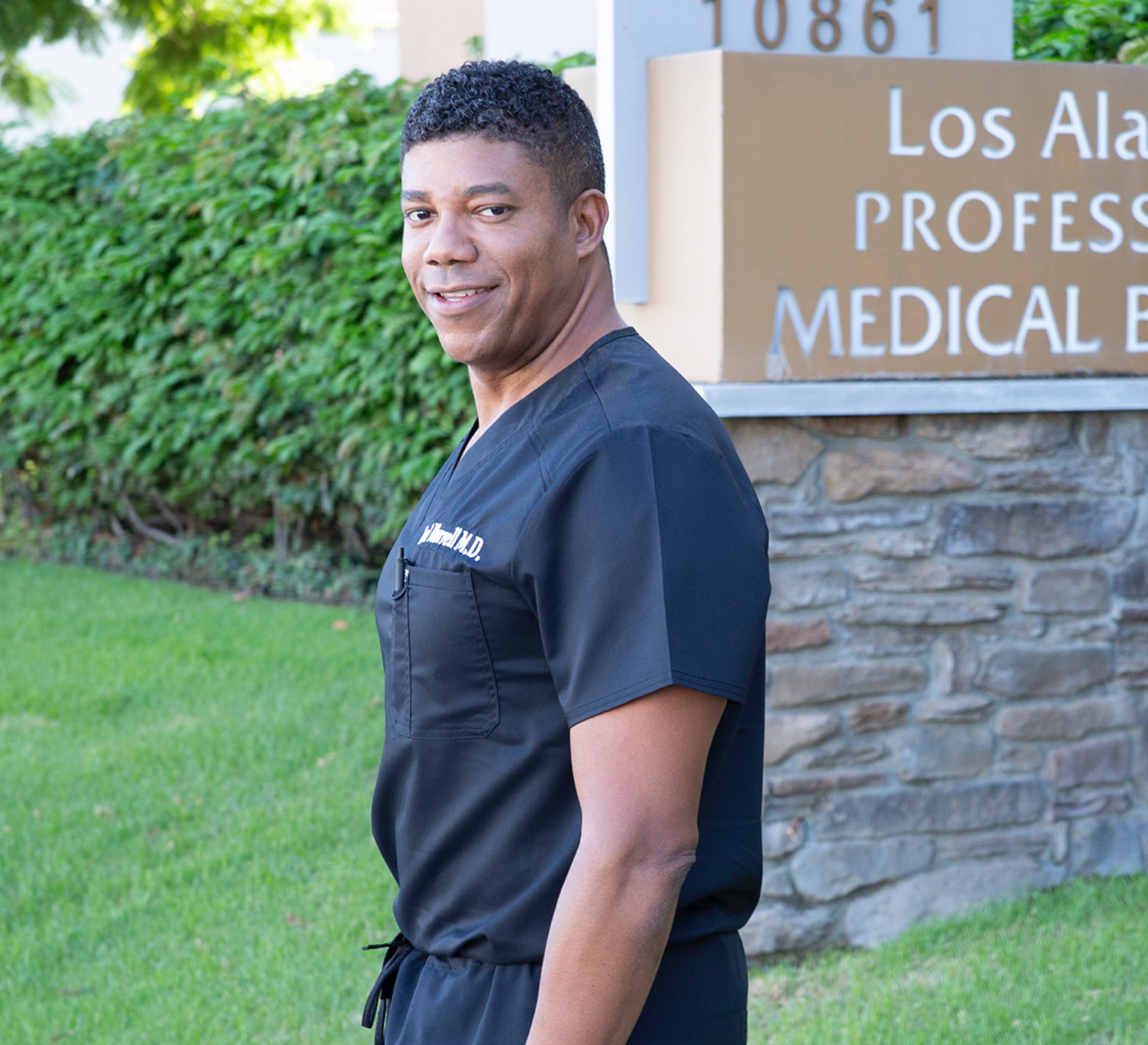What is the difference between diverticulosis and diverticulitis?
Diverticulosis is a common condition where small pouches, called diverticula, form in the lining of the colon. Most people with diverticulosis have no symptoms. When these pouches become inflamed or infected, the condition is called diverticulitis, which can cause significant pain and other symptoms.
What are the symptoms of diverticulitis?
The most common symptom is abdominal pain, usually on the lower left side, which can last for several days. Other symptoms may include nausea, vomiting, fever, chills, and changes in bowel habits.
What are the common treatments for diverticulitis?
Treatment depends on the severity of the condition. Mild cases may be managed with antibiotics and a temporary change in diet to rest the colon. More severe cases may require a hospital stay, IV antibiotics, or even surgery.
When is surgery necessary for diverticulitis?
Surgery is necessary for serious complications like peritonitis (ruptured pouches leaking bacteria), a perforated abscess, or a blockage in the colon. It may also be recommended if there are repeated incidents of diverticulitis.
What is the role of diet in managing diverticulitis?
During a flare-up, a clear liquid or low-fiber diet is often recommended to give the colon a rest. After recovery, a high-fiber diet rich in whole grains, fruits, and vegetables is advised to help prevent future flare-ups.
Can a colonoscopy be used to diagnose diverticulitis?
A colonoscopy is typically not performed during an acute flare-up due to the risk of perforation. However, it is often recommended about six weeks after symptoms have cleared to confirm the diagnosis and check for other issues.
How is diverticulitis diagnosed?
Dr. Murrell can diagnose diverticulitis through a combination of a physical exam, a review of your symptoms, and diagnostic tests. A CT scan is often used to confirm inflammation and abscesses. Blood and stool tests may also be performed.
What is the recurrence rate after surgery?
After a colon resection, there is a very low recurrence rate, with over 90% of patients experiencing no return of diverticulitis.











